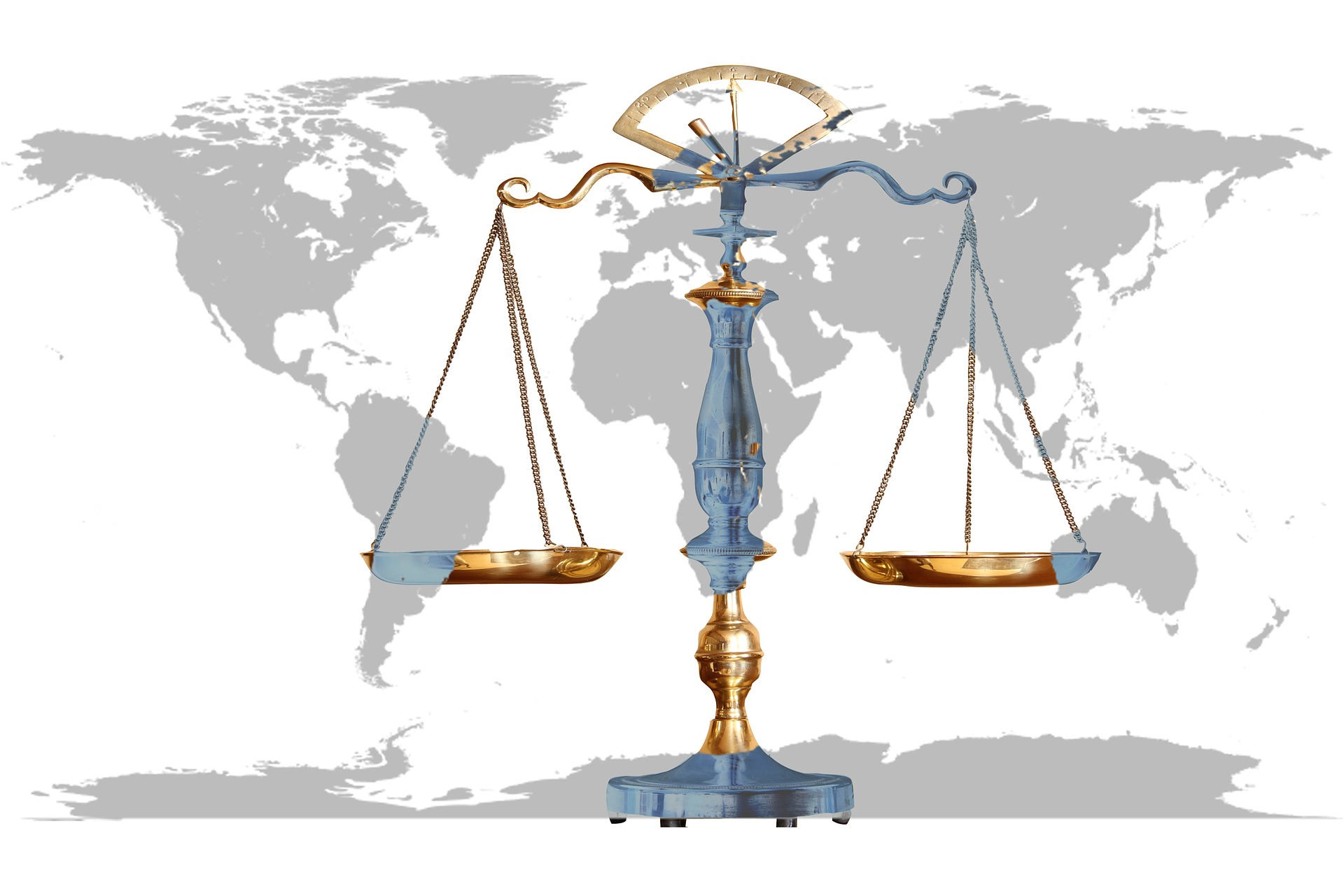
The Implications of Reclassifying Cannabis: A Shift from Schedule 1 to Schedule 3
by Love Hawkins
President Biden’s recent announcement to reclassify cannabis from Schedule 1 to Schedule 3 under the Controlled Substances Act marks a historic shift in U.S. drug policy. This move has far-reaching implications, not only for the legal landscape surrounding cannabis but also for medical research, the economy, and social justice.
Understanding the Reclassification
To comprehend the significance of this reclassification, it’s essential to understand what it entails. Currently, cannabis is classified as a Schedule 1 drug, which is reserved for substances deemed to have a high potential for abuse and no accepted medical use. Other Schedule 1 drugs include heroin and LSD. This classification has severely restricted research on cannabis and has led to stringent legal penalties for its use and distribution.
Reclassifying cannabis as a Schedule 3 drug means it would be recognized as having a moderate to low potential for physical and psychological dependence, akin to drugs like anabolic steroids and ketamine. This change signals a federal acknowledgment of cannabis’s medical utility and a substantial reduction in legal restrictions.
Boosting Medical Research
One of the most significant implications of this reclassification is the potential boon for medical research. Under Schedule 1, researchers faced numerous bureaucratic hurdles to study cannabis, limiting scientific understanding of its benefits and risks. As a Schedule 3 substance, cannabis would be more accessible to researchers, paving the way for more extensive studies on its therapeutic properties and potential side effects. This could lead to new medical treatments and a better understanding of how cannabis can be used safely and effectively.
Economic Impact
The reclassification of cannabis also has notable economic implications. The legal cannabis industry in the U.S. has been growing rapidly, with sales reaching over $20 billion in recent years. However, the Schedule 1 classification has posed significant financial and operational challenges for cannabis businesses. These include difficulties in securing banking services, high taxes, and limited access to federal resources.
By moving cannabis to Schedule 3, many of these barriers would be reduced. Banks and financial institutions would likely become more willing to work with cannabis businesses, improving their financial stability and growth prospects. Additionally, this reclassification could open the door for federal tax deductions and credits previously unavailable to cannabis businesses, further stimulating economic growth in this sector.
Social Justice and Legal Reform
Another critical aspect of this reclassification is its potential impact on social justice and legal reform. The War on Drugs, particularly the criminalization of cannabis, has disproportionately affected communities of color, leading to significant social and economic disparities. Reclassifying cannabis could be a step toward addressing these injustices.
While reclassification alone does not expunge past cannabis-related convictions, it sets a precedent for broader legal reforms. It could facilitate state-level efforts to decriminalize cannabis and expunge criminal records, thus reducing the long-term impact of previous convictions on individuals’ lives. Additionally, it signals a shift in federal attitudes towards drug policy, potentially leading to more comprehensive reforms in the future.
Public Perception and Policy Evolution
Finally, the reclassification of cannabis is likely to influence public perception and policy evolution. By recognizing the medical benefits of cannabis and reducing its classification, the federal government is aligning more closely with public opinion, which has increasingly favored cannabis legalization and decriminalization. This shift could encourage more states to adopt progressive cannabis policies and promote a more balanced, science-based approach to drug regulation.
Conclusion
President Biden’s announcement to reclassify cannabis from Schedule 1 to Schedule 3 is a pivotal moment in U.S. drug policy. This move has the potential to enhance medical research, stimulate economic growth, promote social justice, and reshape public perception of cannabis. While challenges and uncertainties remain, this reclassification represents a significant step toward a more rational and equitable approach to cannabis regulation. As the implications of this decision unfold, it will be crucial to monitor its impact on various facets of society and continue advocating for policies that support public health and social equity.

Love Hawkins graduated from Cohort 1 of the CannyNurse® Certificate Program in 2021 and joined Ariana as the Assistant Instructor for the CannyNurse® Certificate Program in August of 2022 with Cohort 4. Love was so committed to her study of cannabis nursing that she completed both the CannyNurse® certificate program and the Pacific College of Health Sciences Medical Cannabis Certificate at the same time. It is an honor to have her on the CannyNurse® faculty!